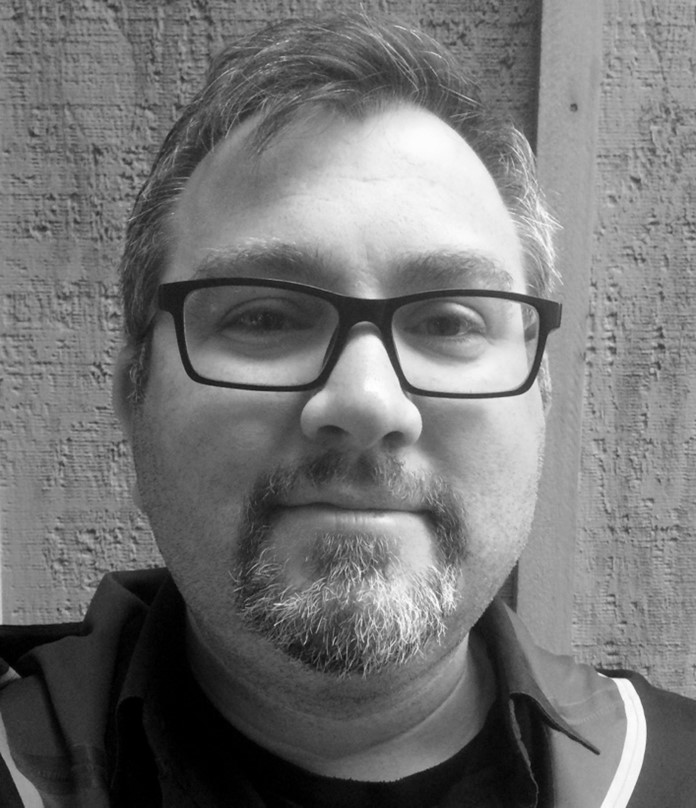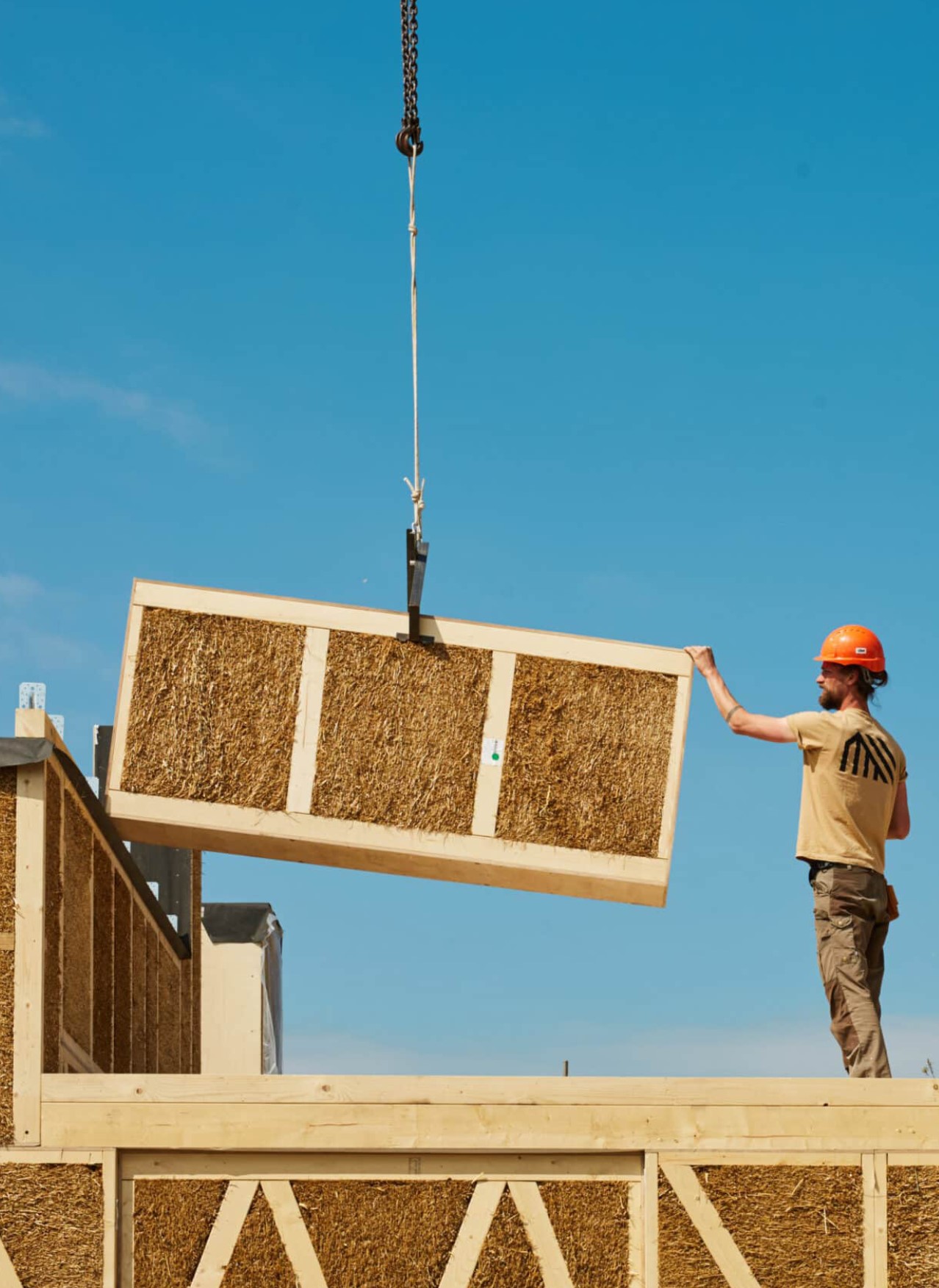
- This event has passed.
Michael Eliason: Low Carbon Living with Climate Adaptive Ecodistricts & Buildings
February 22, 2024 @ 7:00 pm - 9:00 pm

Title: Low Carbon Living with Climate Adaptive Ecodistricts & Buildings
Session type: Presentation on topic for approximately 1-hour followed by discussion and questions. This session will focus on various threats posed by changing climate – and options available to mitigate them. Topics will include policy recommendations, blind spots in the building industry based on global experience and network, and areas of needed research to adapt to effects climate change will have on built environment. Discussion centered around a call to action from the audience.
Presenter: Michael Eliason: Founder, Larch Lab. Architect, author, Passivhaus specialist
Michael Eliason is the founder of Larch Lab – part architecture and urbanism studio, part ‘think and do’ tank – focusing on research and policy; decarbonized low-energy buildings; and climate adaptive urbanism. Michael is also a writer, and an award-winning architect specializing in mass timber, social housing, baugruppen (urban cohousing), and ecodistricts. His career has been dedicated to advancing innovation and broadening the discourse on sustainable development, passivhaus, non-market housing, and decarbonized construction. He serves on the board of Seattle’s new Passivhaus Social Housing Developer PDA. He is a graduate of Virginia Tech and became a Passivhaus consultant in 2010. His professional experience includes work in both the Pacific Northwest, and Germany.
Learning objectives:
- Articulate the difference between climate mitigation, and adaptation
- Explain the extreme impacts climate change will have on buildings and communities
- Understand design strategies that can be employed to adapt to extremes
- Understand the risk and potential liabilities of ignoring climate change and building science.
Problem statement: Our buildings were designed for a climate that no longer exists.
The weather data for building envelopes and mechanical systems is based on historic averages that have been superseded by the last decade of Climate Change. These averages do not take into account wildly divergent peaks/extremes or the climate zone migration that is occurring with Climate Change. We are just beginning to see the extremes related to wildfires, flooding, and heat – and the impacts will be far reaching.
In 2014, the Supreme Court of California found that architects owe a duty of care to occupants and residents of buildings. The rapidly deteriorating weather due to climate change are affecting buildings in ways out-of-date energy models could never have predicted. Extended wildfire smoke events. Deluges dropping more water than roofs and drains can handle. Overheating due to poor design, which can become deadly during heat events on building configuration at 90 degrees Fahrenheit. Attendees will learn about building threats from climate change extremes, ways to mitigate them, and possibilities for reducing risks and liability as planners
Are your buildings and housing designed to adapt to climate change, or will it facilitate dangerous and potentially deadly outcomes for residents? Architects, developers, and owners will need to rapidly pivot to adapting to these new changes. This session will cover some of the threats involved with Climate Change, what strategies design teams and owners should be employing to adapt, and what the ethical liability and implications may be in a rapidly devolving climate.
Topic area: Building planning for extreme climate events: How building design today is not designed to mitigate and adapt to a wildly changing climate. Mitigating liability for practitioners by understanding how our buildings will perform in heat domes, cold snaps, wildfire smoke events, deluges – and migrating climate zones.
3518 Fremont Ave N #372, Seattle, WA 98103 T +1.206.806.3605
M info@larchlab.com W larchlab.com


